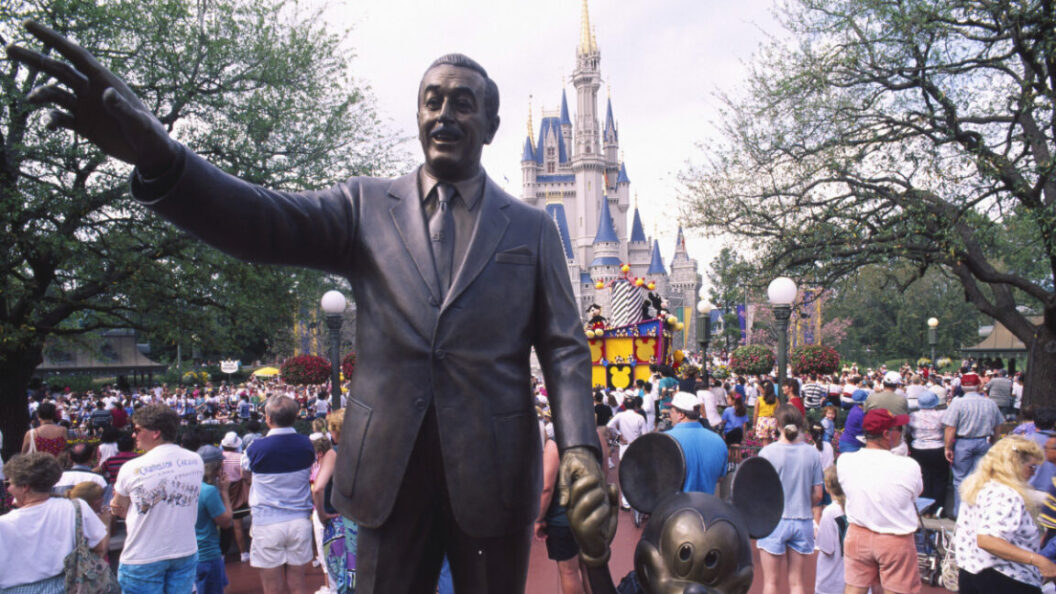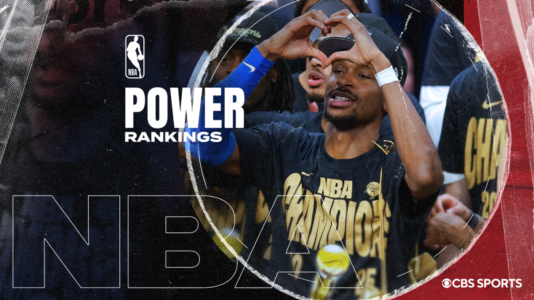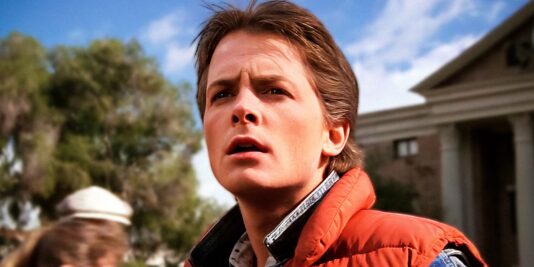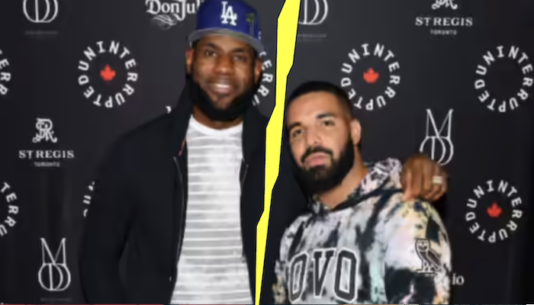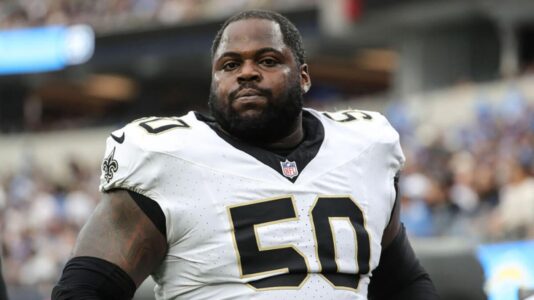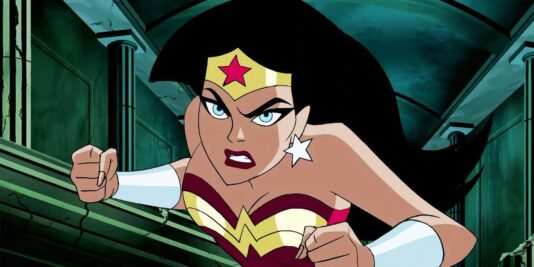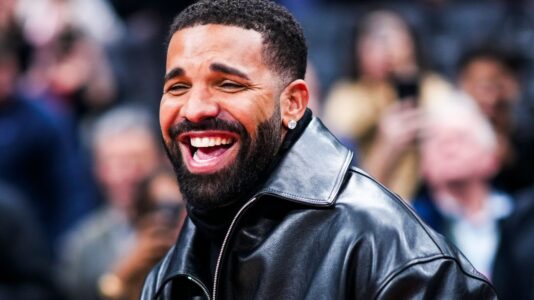Studios Sue Midjourney Over Copyright Infringement
In a significant legal move, Disney and NBCUniversal have initiated a lawsuit against the AI company Midjourney, alleging widespread copyright infringement due to its image generation platform. This legal action is part of a broader trend in the creative industries, where major players are increasingly challenging AI companies over intellectual property (IP) rights. The stakes are particularly high as advancements in AI technology continue to redefine the boundaries of creativity and copyright law.
Background of the Lawsuit
The lawsuit marks an important chapter in the ongoing tension between traditional media companies and emerging AI technologies. Notably, over a dozen prominent news organizations have already taken similar actions against AI firm Cohere due to concerns about unauthorized use of copyrighted material. In 2023, a collective of visual artists filed a lawsuit against Midjourney, voicing their own copyright grievances.
Allegations Against Midjourney
Disney and NBCUniversal argue that Midjourney is not just a passive platform but actively promotes copyright infringement. The studios point to the “Explore” section of Midjourney’s website, which features user-generated content that includes copyrighted characters, suggesting a consciousness of infringement on the part of the AI company. They assert that this curation indicates a clear awareness that Midjourney’s platform frequently reproduces copyrighted works.
Moreover, the lawsuit claims that Midjourney possesses technical measures that could mitigate copyright violations but has deliberately opted not to implement them. High-profile statements from Midjourney CEO David Holz have reportedly indicated that the company uses as much data—text and images—as possible for its training algorithms, raising further concerns among the studios.
Attempts at Resolution
Before resorting to legal action, Disney and NBCUniversal reportedly sought to resolve their concerns directly with Midjourney. The studios contend that while other AI platforms have agreed to adopt measures aimed at curbing intellectual property theft, Midjourney has continued developing its services without such safeguards. Holz has been quoted expressing that newer versions of the image service yield “even higher quality infringing images,” highlighting a reluctance to address the studios’ concerns adequately.
Kim Harris, NBCUniversal’s executive vice president and general counsel, emphasized the importance of this lawsuit by stating, “We are bringing this action today to protect the hard work of all the artists whose work entertains and inspires us and the significant investment we make in our content.”
Implications for the Industry
This lawsuit signifies a crucial shift in the dynamics of the ongoing conflict between Hollywood and AI technology. Historically, actors and writers have fought to safeguard their names, images, and likenesses from potential exploitation by studios. However, this recent legal action represents a notable turn, with studios now vying to protect their intellectual property from tech companies.
While Disney and NBCUniversal have taken the lead, other major studios—such as Amazon, Netflix, Paramount Pictures, Sony, and Warner Bros.—have not yet joined the lawsuit, despite being members of the Motion Picture Association alongside Disney and Universal. Their potential involvement could further amplify the legal scrutiny placed on AI companies.
Conclusion: A New Era for Creative Rights
As the lawsuit unfolds, it underscores the urgent need for clarity and structure in the rapidly evolving landscape of AI technology and copyright law. The outcome could have significant implications for both the media and tech industries, potentially setting a precedent for how AI platforms can operate in relation to copyrighted material.
Ultimately, this case reveals a critical intersection of innovation and intellectual property rights, raising fundamental questions about ownership and the future of creative expression in an era increasingly dominated by artificial intelligence. As the battle lines are drawn, the legal and creative communities will keenly observe the proceedings, anticipating implications not just for the parties involved but for the entire industry.



